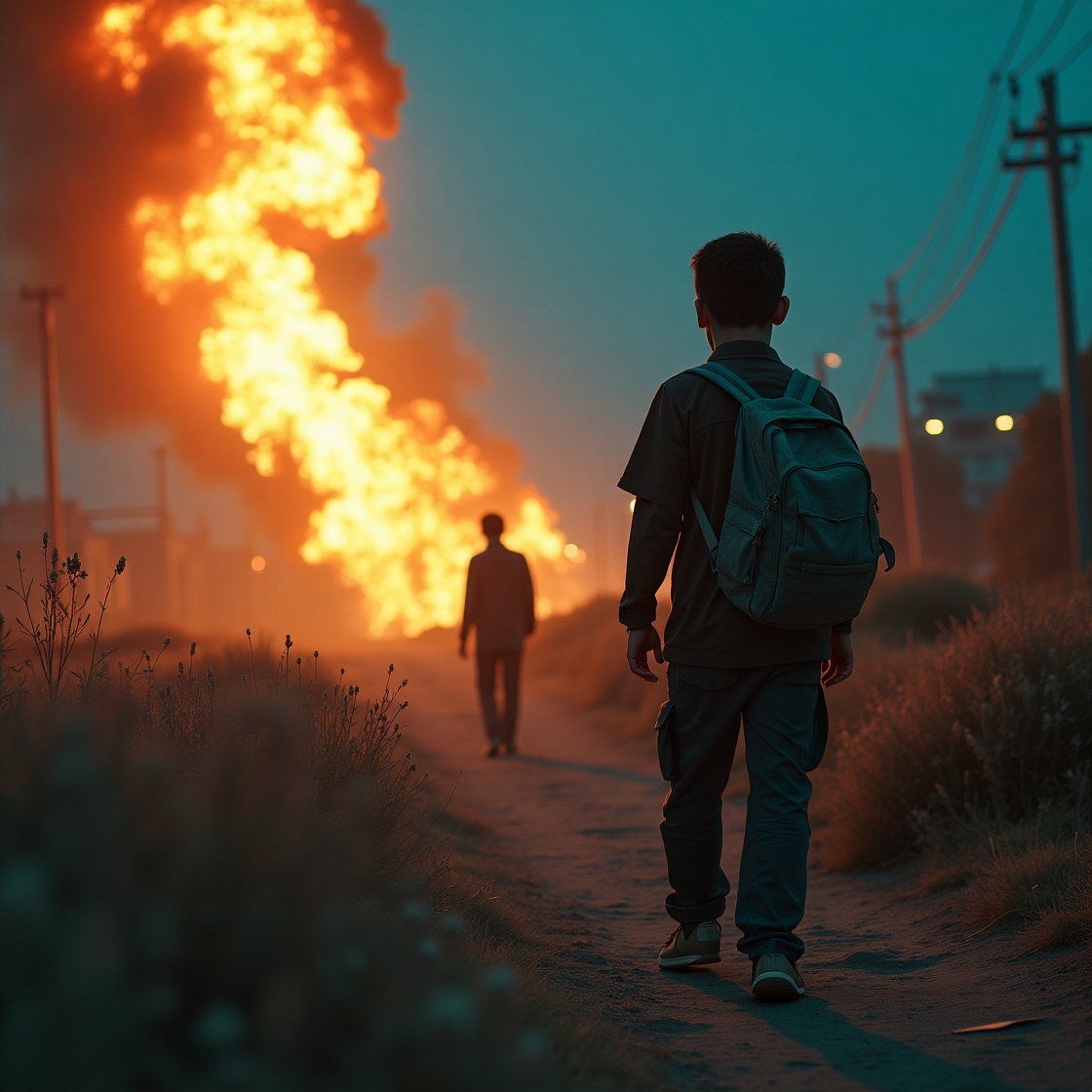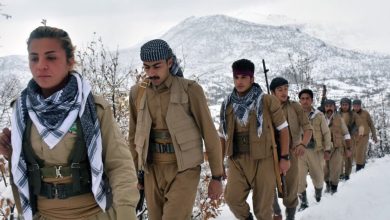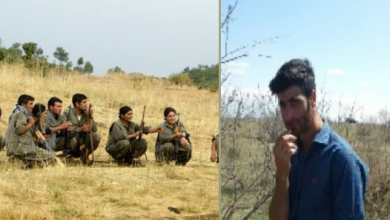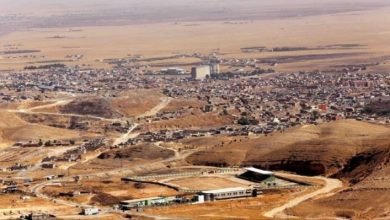Ali Nazari: After finishing high school, I tried hard to find a clear path for my future, but the reality was that neither the economic conditions in our region were good nor were there suitable job opportunities available.
Immigration to Europe and the pursuit of well-being can play a significant role in deceiving Kurdish youth and attracting them to armed groups. Several key factors are at play here:
- Hope for a better future: Many Kurdish youth seek better living opportunities and more favorable economic conditions. When these hopes are not realized, they may view armed groups as an option to change their situation.
- Despair and injustice: Young people in Kurdish-populated areas may face social, economic, and political inequalities. This feeling of despair can drive them towards armed groups that promise change and a fight for their rights.
- Cultural and social influences: In some cases, the propaganda and heroic narratives surrounding armed groups can hold a certain appeal for young people. These narratives may encourage them to join these groups.
- Lack of legal opportunities: When young people cannot immigrate to Europe through legal channels, they may resort to riskier or illegal options, which can include joining armed groups.
These factors illustrate how social, economic, and political conditions can influence young people’s decisions and lead them towards armed groups.
Ali Nazari, born on May 8, 1996, in Islamabad-e Gharb, joined the terrorist group the Kurdistan Freedom Party (PAK) in 2019 and returned to the country in April 2023 after more than four years of membership. Mr. Nazari stated that the reason for his illegal departure from the country and his membership in this terrorist group was being deceived by a member of the Kurdistan Freedom Party (PAK) on Instagram. According to Mr. Nazari, that PAK member encouraged him to create a political resume by being a member of armed groups for three years in order to immigrate to Europe, marry, and achieve a comfortable life. Ali Nazari also cited the broken promises and unfulfilled commitments of the Kurdistan Freedom Party (PAK) leaders as the main reason for his escape from the PAK headquarters.
Question: Please tell us where you are from and what circumstances led you to decide to leave the country?
Ali Nazari: I am Ali Nazari, son of Bahman, born on May 8, 1996, in Islamabad-e Gharb. After finishing high school, I tried hard to find a clear path for my future, but the reality was that neither the economic conditions in our region were good nor were there suitable job opportunities available. Our family’s financial resources also did not allow for economic activity. The youth in our city live in a state of uncertainty; it seems the future is just a word and not a real path. In these circumstances, I became acquainted through Instagram with someone who introduced himself as a political activist and a member of the Kurdistan Freedom Party. He gradually contacted me and began to encourage me to join this group. He spoke very professionally and said that if I were a member of a political opposition movement for a few years, it would be easier for me to immigrate to Europe later through international organizations. He even talked about marriage and a prosperous life abroad. I, who was looking for a way to escape my situation, gradually believed his words and didn’t know what awaited me.
Question: So, without full awareness of the nature of this group, you decided to join this armed faction?
Ali Nazari: Yes, exactly. I had never received military training and had no experience in warfare or with weapons. In fact, I had no information about the nature of the Kurdistan Freedom Party (PAK) and other armed groups. We were not a political family either. I mostly had a political mindset that was stirred by their promises. When I illegally crossed the border and went to the Kurdistan Region of Iraq, I realized that I had entered a dangerous situation. They took us to the Pirdy headquarters, a place that really did not align with any of my expectations. Upon arrival, we were placed in a very intense military and ideological training course. Physical exercises and training on how to use light and heavy weapons such as G3s, PKCs, RPGs, etc., were a daily experience filled with pressure and fatigue for us.
Question: What was it like emotionally and psychologically? Did you have any hope for the future in that environment?
Ali Nazari: No, not at all. I quickly realized that all the promises were just to recruit us. There was no news of immigration, nor were there any facilities or comforts. The Pirdy camp was more like a prison. We had severe restrictions, and even making phone calls or contacting our families was very difficult. The health conditions were also very poor. Various diseases had spread among the children, but there was no proper treatment or medication available. All they gave us were painkillers or expired drugs. Sometimes, the cold and demeaning behavior of the commanders made one feel truly worthless.
Question: How long were you there, and what happened that made you decide to leave?
Ali Nazari: I stayed there for more than four years, hoping that perhaps one day the conditions would improve or they would fulfill their promises. But with each passing day, the broken promises increased. All the motivations that had led me there were gone. I felt like my life was being wasted. Ultimately, I decided to escape. I knew it was dangerous, but I had no other choice. In April 2023, I left the Pirdy headquarters with great difficulty and presented myself to the Consulate General of the Islamic Republic in the Kurdistan Region.
Question: After returning to Iran, how were you treated?
Ali Nazari: Contrary to all my fears, their treatment was very respectful and logical. We had several meetings, and they reviewed my records. After that, conditions were provided for me to start a new life in Iran. Now I work in a private company and try to live independently. My path was wrong, but now I am doing my best to make up for my past through hard work and effort.
Question: If you had the chance to go back in time, would you still choose the same path?
Ali Nazari: Never. That decision was the result of immaturity and being deceived. Now I know that there is no shortcut to achieving a better life. Deceiving young people with empty promises is just playing with their future. I hope my story can serve as a warning to other young people to know that the path to progress lies within ourselves, not in groups that know nothing but exploitation.






